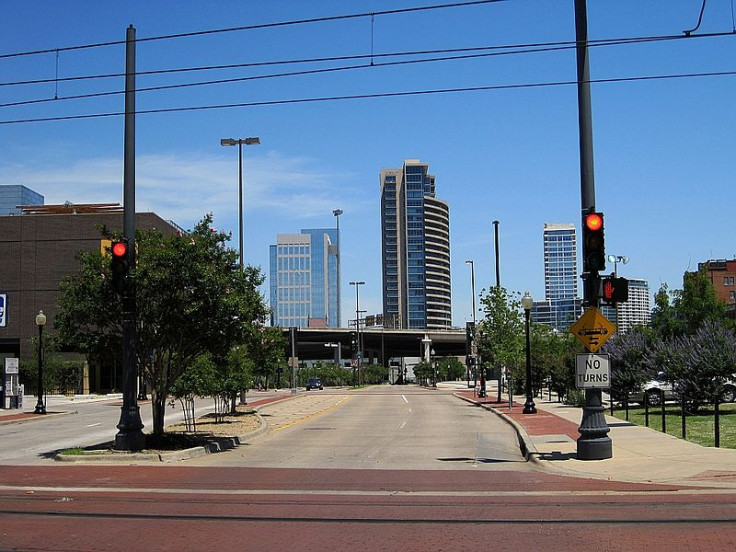
Cities in Hawaii may have little in common with those in Texas. But in May, they shared an unfortunate record: Residents of two of their largest metros were among those hit hardest by inflation in the U.S., according to a study by WalletHub.
Inflation was up 3.3 percent nationally in May compared to a year ago, but figures were higher in some cities: it was at 3.5 percent in Detroit, 3.8 percent in San Francisco, 4.4 percent in Seattle, while Dallas at 5 percent and Honolulu at 5.2 percent led the ranking, the findings show.
In some places, in contrast, the impact of inflation was less pronounced, with San Diego, Atlanta, Denver, Minneapolis and Tampa seeing increases ranging between 1.8 percent and 3.2 percent.
The study compared key inflation metrics in 23 major metropolitan statistical areas in connection with the latest Consumer Price Index data, as well as CPI data from two months ago and a year ago, as reported by CBS News.
One potential reason for Dallas' higher inflation is a lack of housing. That could be driving up the cost of rents and mortgages above the national inflation rate, Dean Stansel, a research economist at Southern Methodist University in Dallas told CBS MoneyWatch.
The Dallas-Fort Worth area has seen an influx of 150,000 residents between July 2022 and July 2023 and those new residents haven't found adequate housing, he added.
"Government restrictions on the construction of new housing are making it difficult for supply to keep up with demand. That housing shortage is driving prices higher than they would otherwise have been."

Other cities like Seattle are likely still struggling with inflation because of minimum wage hikes that have added higher labor costs to local businesses, the researcher said.
"Those higher labor costs lead to higher prices for the output of firms using minimum wage labor, such as fast-food restaurants and grocery stores. Those higher prices for inexpensive food are particularly burdensome for those with low incomes struggling to make ends meet."
The consequences of inflation are still being felt by Americans and could have a strong impact on the outcome of this election.
The latest results from Gallup's annual Economy and Personal Finance poll show that the percentage of U.S. citizens naming inflation or the high cost of living as the most important financial problem facing their family has been growing for the past three years.
The last poll, conducted from April 1 to April 22, found that 41% named the issue, a share slightly up from 35% a year ago and 32% in 2022.
Before 2022, the highest percentage mentioning inflation was 18% in 2008. Inflation has been named by less than 10% in most other readings since the question was first asked in 2005.
© 2025 Latin Times. All rights reserved. Do not reproduce without permission.





